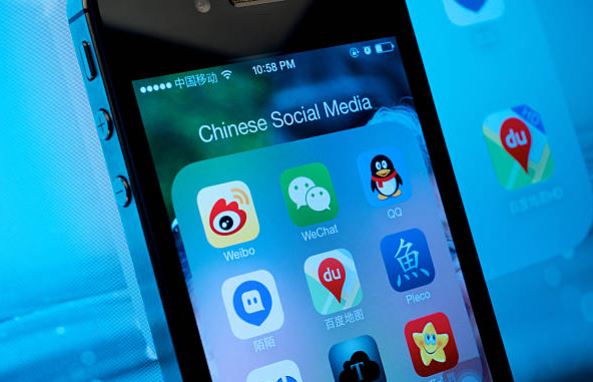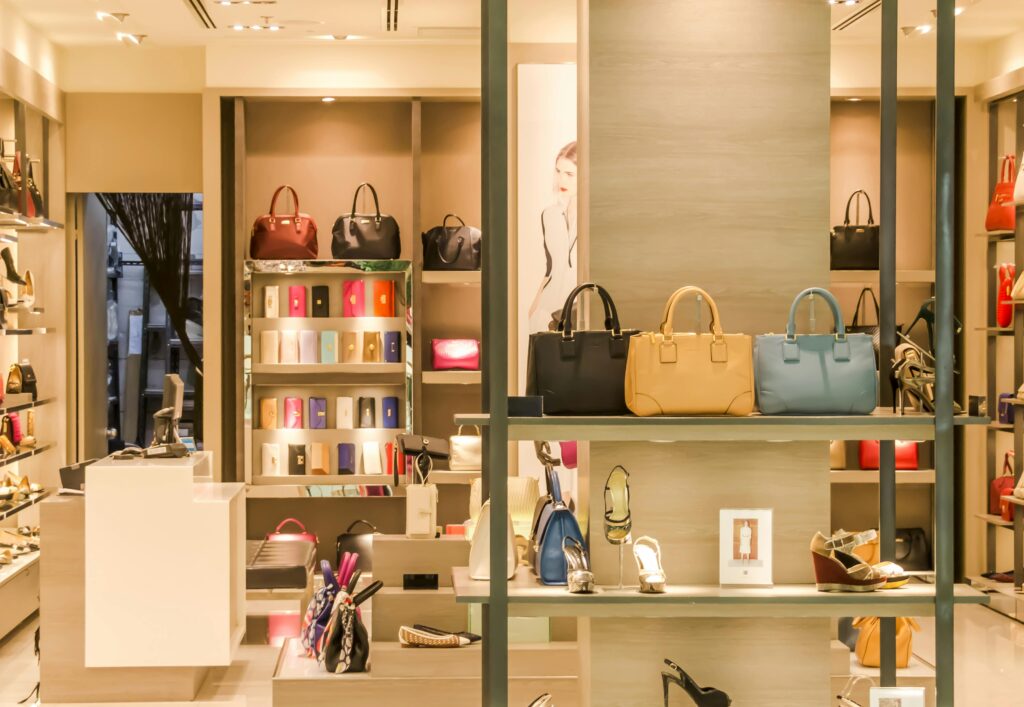Table of Contents
China's luxury market is evolving rapidly, shaped by a blend of technological advancements, demographic shifts, and unique consumer behaviors. As brands vie for a larger share of this lucrative market, understanding and adapting to these trends is essential for sustained success.
In this dynamic landscape, luxury brands face three primary challenges: reaching out to customers, increasing customer loyalty, and effectively leveraging data assets for business growth. By addressing these pain points, brands can navigate the complexities of the Chinese market and tap into its vast potential.
Geographic Concentration of Luxury Consumption
Luxury consumption in China is geographically concentrated, with the majority occurring in the top 50 cities. First and second-tier cities dominate, contributing around 70% of total luxury sales. However, luxury consumption is gradually penetrating second-tier cities, highlighting the need for brands to expand their reach beyond traditional hotspots.
The Influence of Social Media
Social media plays a pivotal role in the purchasing decisions of Chinese luxury consumers. With a social media penetration rate of 67%, platforms like WeChat, Weibo, and Xiaohongshu are essential for brand visibility and customer engagement. More than 80% of Chinese consumers research online before making offline purchases, underscoring the importance of a strong digital presence.
Leveraging Social Media to Reach Customers
Effective use of social media is critical for luxury brands aiming to reach and influence Chinese consumers. Key opinion leaders (KOLs) and influencers hold significant sway, and brands must engage with them strategically. Brands are increasingly setting up WeChat official accounts and mini-programs to create proprietary traffic channels, allowing for in-depth interaction and customer retention.

Enhancing Customer Loyalty
Building and maintaining customer loyalty is a central challenge for luxury brands. Proprietary online channels, such as mini-programs and WeChat public accounts, offer a controlled environment to provide a boutique-like shopping experience. These platforms facilitate emotional connections with consumers through personalized content and collaborations with influencers.
Data-Driven Growth Strategies
Data assets are invaluable for luxury brands aiming to drive business growth. Collecting and analyzing consumer data allows brands to develop strategic insights and optimize marketing efforts. Tencent’s Data Think Tank provides tools to identify target audiences, optimize budget allocation, and enhance conversion rates, acting as a compass for brands navigating the Chinese market.
Omnichannel Marketing Approaches
An omnichannel strategy, integrating online and offline experiences, is crucial for luxury brands in China. Tencent’s Smart Marketing & Smart Retail Solutions enable brands to convert offline traffic into online engagement, creating a seamless customer journey. This approach not only enhances customer experience but also maximizes sales opportunities across multiple channels.
The Role of KOLs in Luxury Marketing
Key Opinion Leaders (KOLs) are influential in shaping consumer perceptions and driving sales. Luxury brands must collaborate with KOLs to reach younger audiences effectively. These partnerships can amplify brand messages, create buzz around new product launches, and foster deeper connections with consumers.
Social Commerce and Luxury Brands
Social commerce is gaining traction in China, where consumers prefer the convenience of purchasing through social media platforms. Brands like Cartier and Gucci are leveraging Tencent’s traffic solutions to expand their customer base and boost sales. Social commerce offers a direct, engaging way to reach consumers and drive conversions.
Building Brand Equity Through Content
Content marketing is essential for building brand equity and connecting with consumers on a deeper level. Luxury brands should focus on creating high-quality, engaging content that reflects their brand values and resonates with their target audience. Storytelling, behind-the-scenes glimpses, and interactive content can enhance brand perception and loyalty.
Personalization and Customer Experience
Personalization is key to providing a superior customer experience. Luxury brands must use data insights to tailor their marketing efforts, offering personalized recommendations and experiences that meet the unique preferences of each consumer. This level of customization can significantly enhance customer satisfaction and loyalty.

